Pollen Allergies in North Carolina: Regional Differences Explained
North Carolina boasts diverse landscapes, from the coastal plains to the Appalachian Mountains, offering breathtaking scenery and a variety of ecosystems. However, this diversity also translates to variations in pollen types and allergy seasons, posing unique challenges for individuals with pollen allergies.
Understanding Regional Variations:
Knowing the specific pollen types prevalent in your area can empower you to better manage your allergies. Here's a breakdown of some key regional differences:
1. Coastal Plain:
- Dominant pollens: Ragweed, Bermuda grass, and trees like oak and hickory.
- Peak season: Spring (tree pollen) and fall (ragweed).
- Additional factors: High humidity levels can exacerbate allergy symptoms.
2. Piedmont Region:
- Dominant pollens: Similar to the Coastal Plain, with the addition of mountain cedar in the west.
- Peak seasons: Spring (tree pollen) and fall (ragweed).
- Additional factors: Mold spores can be an additional trigger, especially during damp seasons.
3. Mountain Region:
- Dominant pollens: Tree pollen like ash, birch, and maple, along with mountain cedar (especially in the west).
- Peak seasons: Spring (tree pollen) and fall (ragweed, though less prevalent than in other regions).
- Additional factors: Lower humidity levels in some areas may offer some relief compared to the coast.
Strategies for Managing Regional Variations:
- Know your triggers: Consult with an allergist to identify specific pollen allergies.
- Track pollen counts: Utilize online resources or apps to stay updated on daily pollen levels in your area.
- Plan your activities: Schedule outdoor activities for times when pollen counts are lower, typically early morning or evening.
- Medications and preventive measures: Discuss with your doctor the appropriate use of medications and preventative measures like allergy shots.
Living with Pollen Allergies:
While pollen allergies can be disruptive, understanding regional variations and implementing effective management strategies can significantly improve your quality of life.
Disclaimer: This blog post is for informational purposes only and should not be a substitute for professional medical advice. Always consult with a healthcare professional for diagnosis and treatment plans.


